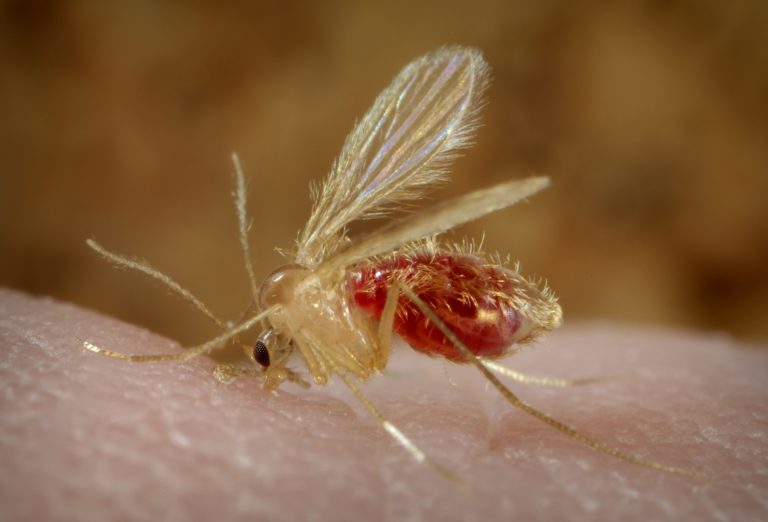Abstract
Bordetella pertussis is a very contagious pathogen in humans, causing pertussis disease. Pertussis is one of the 10 leading causes of death due to infectious diseases, especially among infants and children. Antibiotic-resistant strains have recently emerged in this bacterium, and despite the high vaccination coverage, the prevalence of this disease has been increasing recently in both developed and developing countries. The objective of this study is to introduce a novel in silico vaccine candidate aimed at countering B. pertussis effectively. Differing from other comparable studies, this research employed a computational screening methodology to assess the genome of ‘Bordetella pertussis 18323.’ The purpose was to identify an innovative antigen for the development of a vaccine against B. pertussis. Notably, our investigation introduces an innovative antigen distinguished by its elevated immunogenicity score. Importantly, this antigen lacks toxicity and allergenicity, making it recognizable to the immune system and thus capable of inducing a robust immune response. In the subsequent phase, our antigen was utilized to identify potential epitopes conducive to the construction of a B. pertussis vaccine. These epitopes, alongside linkers, his-tag and adjuvants, were amalgamated to form the vaccine candidate. Subsequently, a comprehensive evaluation of the vaccine was conducted, encompassing various computational tests such as secondary and tertiary structure analysis, physicochemical examination, and structural analysis involving docking and molecular dynamics simulations. Importantly, our vaccine successfully passed all in silico tests.









